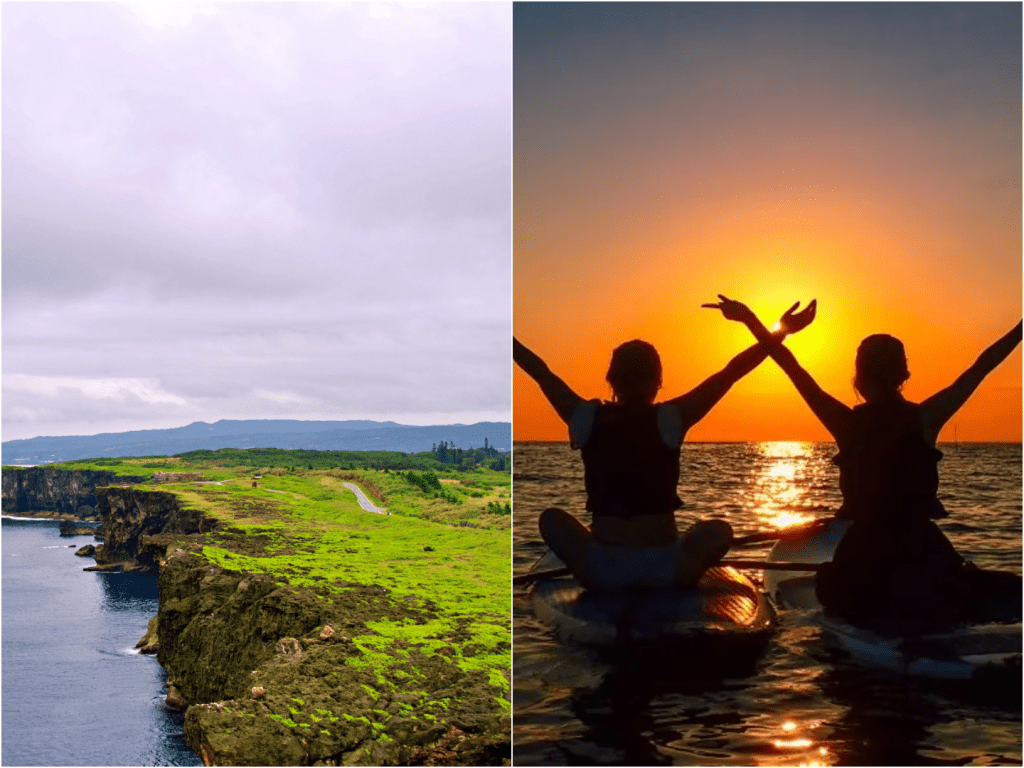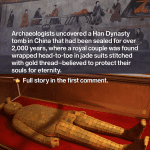The Island Where Everyone Lives to 100 — Exploring Okinawa’s Longevity Secrets
I still remember the first time I heard about Okinawa, a peaceful island far south of mainland Japan, where people live to one hundred—and beyond—more often than anywhere else on Earth. I pictured emerald hills, ocean breezes, elders smiling in sun-washed villages, and families sharing meals on open patios. The idea felt like a fairytale, but it’s true. There are more centenarians per person here than almost anywhere else; it’s no wonder Okinawa is known as a “Blue Zone,” a place where people live longer and healthier lives.
I first read that in Ōgimi, a tiny village of just over three thousand people, one in a thousand lives past one hundred. When I saw that statistic, I couldn’t stop thinking about what life looked like if nearly every family had that kind of history. So I dived deeper, following stories from scientific studies and local voices, learning about diet, philosophy, community, purpose, and calm. Okinawa’s secret isn’t in a magic herb or genetic mutation—it’s in a way of living that feels simple, soulful, and deeply human.
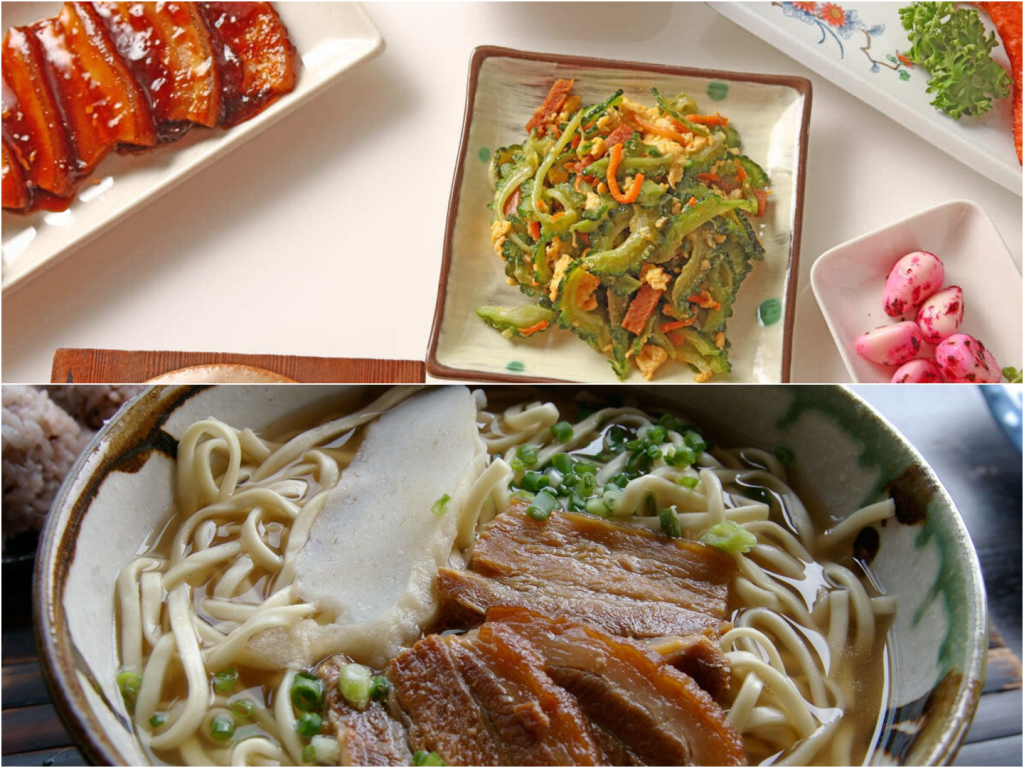
The Okinawa Centenarian Study has followed thousands of islanders since the 1970s. Researchers found these elders live lives free of disabilities, heart disease, cancer, dementia, and strokes far more often than people elsewhere. What stands out is not just long life, but vibrant life: the ability to walk, laugh, share stories at ninety and beyond. Experts say about two-thirds of this is due to lifestyle, not genetics.
It begins with what’s on the plate. Okinawans eat colorful, fresh, plant-based meals—sweet potatoes, seaweed, tofu, legumes, greens, local herbs, and fish in small amounts. Meat, dairy, grains, and sugar are limited. They believe food is medicine—a philosophy called nuchigusui, meaning “life medicine.” They also follow hara hachi bu—eating until they’re about eighty percent full. It helps them keep weight low, blood pressure steady, and energy balanced. One study even found calorie restriction might help prevent age-related decline.
A typical day might start with green tea, miso soup with seaweed, local vegetables, maybe tofu champuru, and small fish. As seasons change, dishes shift gently; summer brings bitter gourd and cool salads, winter welcomes root veg and warming broths. Very little changes year after year—only the freshest local produce matters.
Okinawa is more than a diet—it’s a culture of purpose, rhythm, connection. They call it ikigai (a reason for being) and moai (lifelong social circles). People stay active every day—not in gyms, but in life: tending gardens, walking to markets, doing light movement like traditional morning stretches. They sleep, rest, take short naps, and connect with nature, sometimes gathering for tea, chatting by the sea, or tending bonsai. Respect for elders keeps old and young woven into households and community.
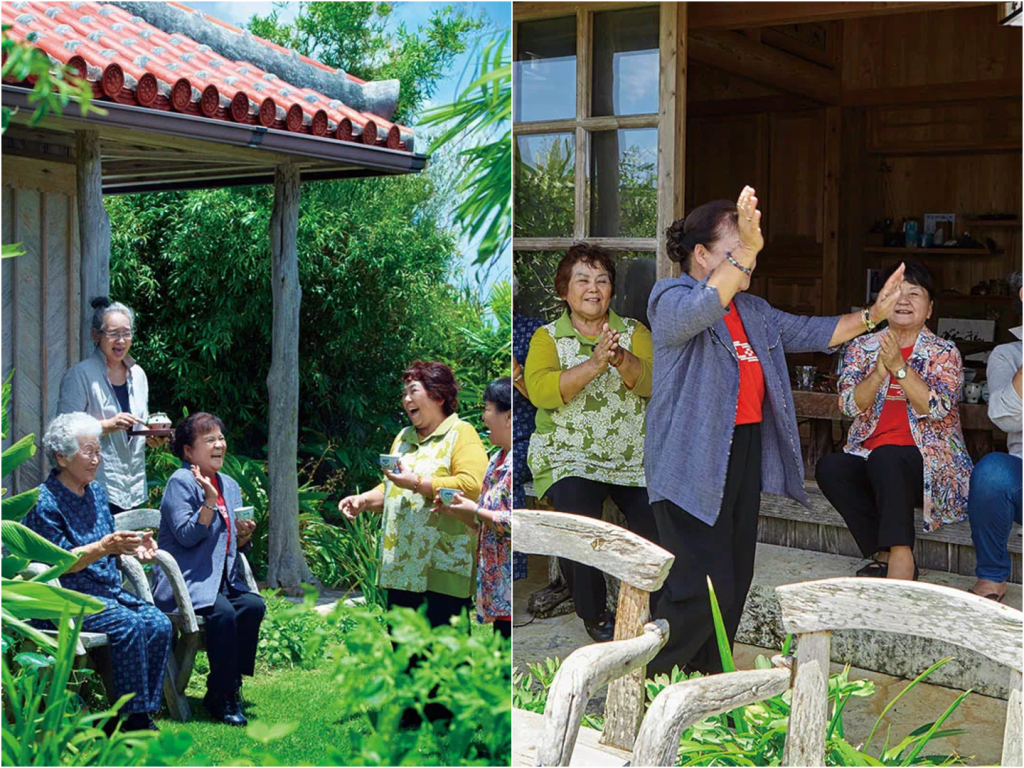
A researcher once described Okinawa as “Japan with salsa,” blending structure and tradition with warm rhythms and a relaxed pace—what locals call “Okinawa time.” It speaks to balance—celebrate life without rush, stay healthy without obsession.
And the stats back it up. Centenarian rates on Okinawa are nearly double the rest of Japan. Their risk of heart disease is eight times lower, of some cancers half or less, and dementia far rarer. People stay strong, clear-headed, resilient well into old age.
Still, nothing is perfect. Western foods have crept in since the 1960s—fast food, sugary drinks, more fats—and life expectancy gains have slowed in recent decades. But in places like Ōgimi, traditions remain strong. In those mountain villages, grandparents lead moai groups, share herbal teas, laugh with neighbors, work fields, and tell stories. They still live in homes built by families, not filled with gadgets.
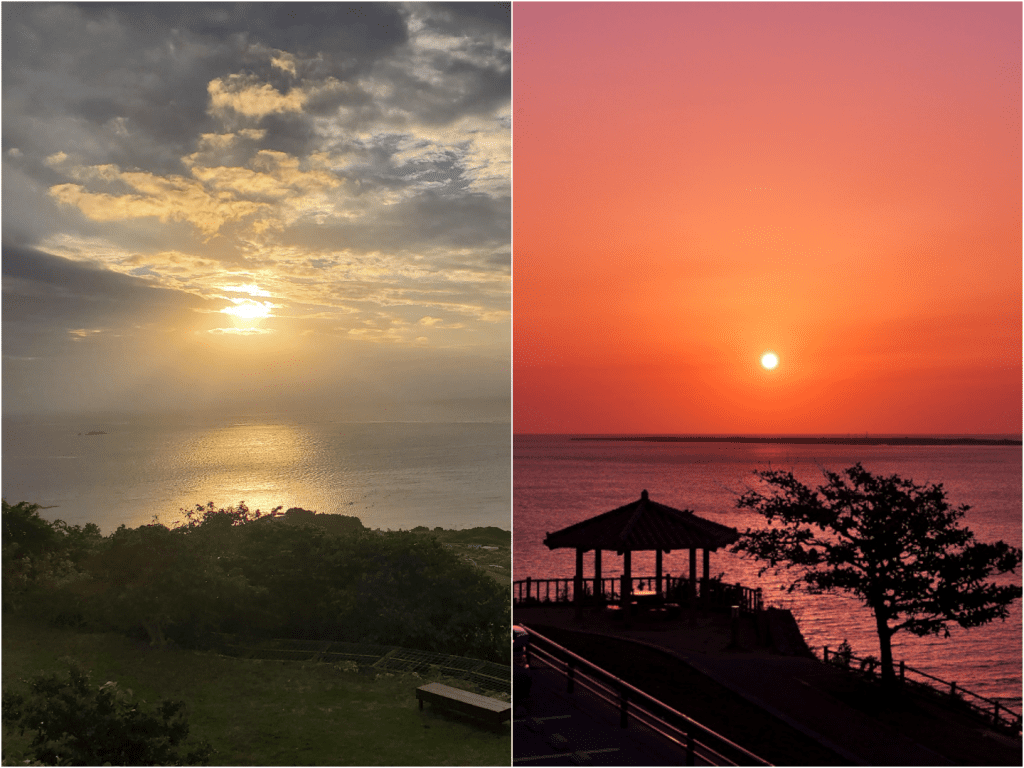
I spoke with a traveler who visited in early spring. She said she spent a morning sipping jasmine tea beside her host grandmother in a courtyard. The old woman pressed a lotus leaf into her palm, smiled, and said, “This morning light is our medicine.” It felt like a moment of real presence—simple, true, and warm.
Visiting Okinawa taught me something important. It’s not the perfect diet or a secret pill—it’s a life lived slowly, with eating as ritual, purpose as practice, movement as daily act, friendship as family, and rest as respect. It reminds us that long life begins at home, in kitchens, villages, and gardens.
So if you’re planning a trip to Japan, head south. Wander ocean beaches, hike emerald hills, cook with locals, stretch at sunrise, share a moai meal, mindfully fill the bowl—you may find the secret isn’t a place, but a way. A way you can bring home, too.

Lena Carter is a travel writer and photographer passionate about uncovering the beauty and diversity of the world’s most stunning destinations. With a background in cultural journalism and over five years of experience in travel blogging, she focuses on turning real-world visuals into inspiring stories. Lena believes that every city, village, and natural wonder has a unique story to tell — and she’s here to share it one photo and article at a time.
